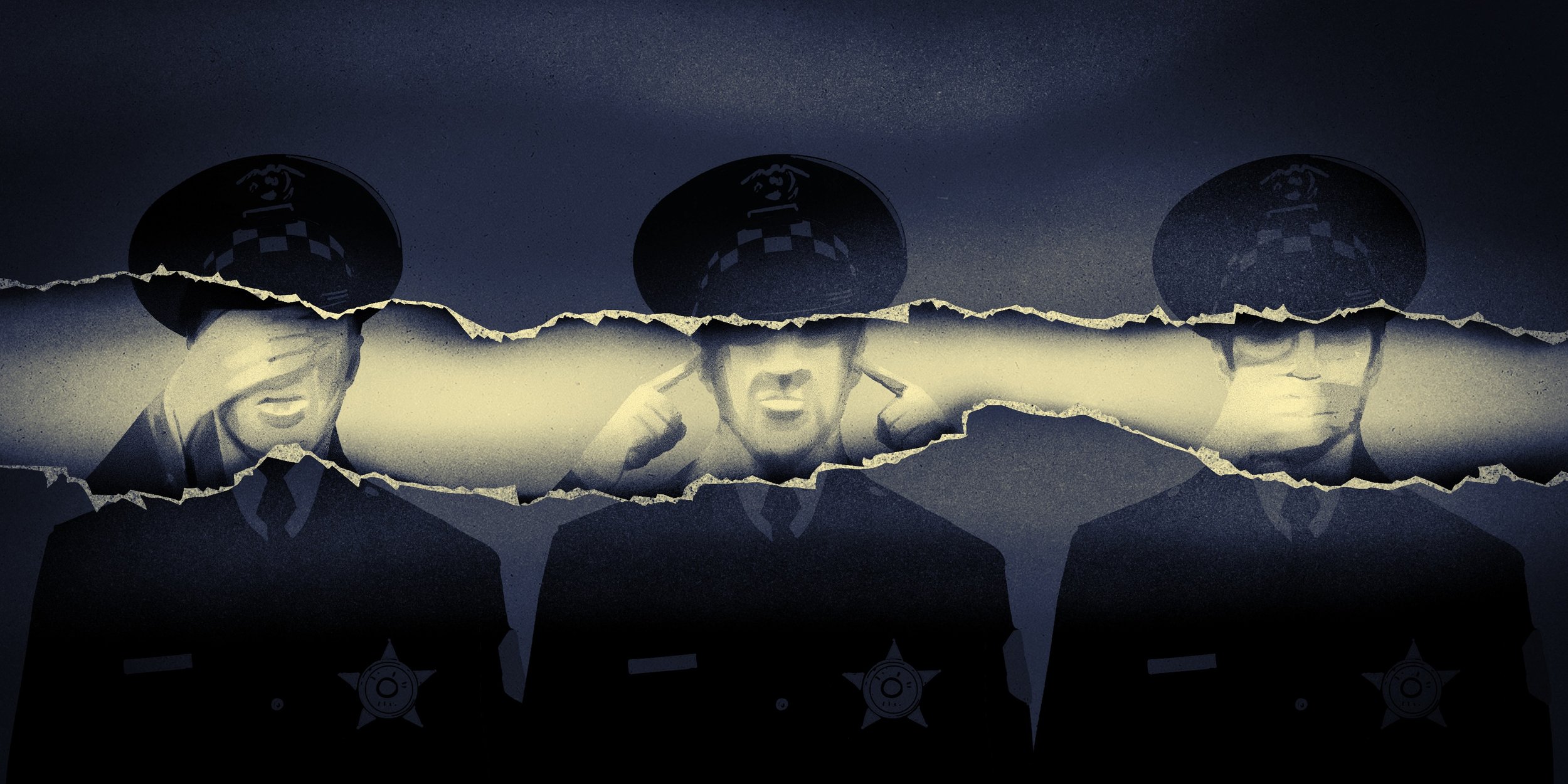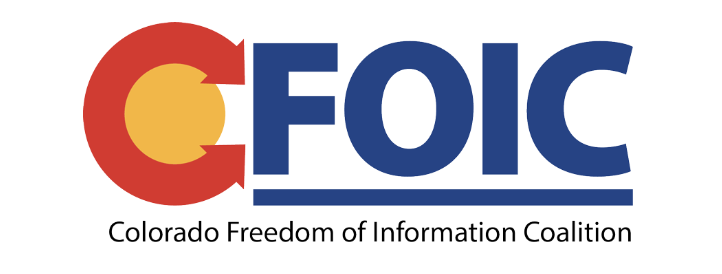I first encountered officer Raymond Piwnicki in the summer of 2001. At the time, the citywide demolition of high-rise public housing was gathering momentum in Chicago. Having recently regained control of the Chicago Housing Authority after a period of federal receivership, the administration of Mayor Richard M. Daley was making a concerted effort to replace its high-rise public housing developments with “mixed income communities.” Among its first actions was to disband the CHA police force, established a decade earlier by the housing authority in an effort to offset the Chicago Police Department’s neglect of its tenants. That, in turn, required beefing up the CPD’s Public Housing Section. While the public housing unit was ramping up, members of the Special Operations Section — an elite unit charged with rooting out, as Daley often put it, “gangs, drugs, and guns” — were deployed to public housing developments. Piwnicki was among them.
The heat in Chicago on July 9, 2001, was blistering. At the Stateway Gardens public housing development, it was the sort of midsummer day that draws tenants and their children outside in hopes of catching a breeze. As adviser to the resident leadership at Stateway, I worked out of an office on the ground floor of a high-rise on South State Street with a small team of residents known as the Neighborhood Conservation Corps. One of our projects — a collaboration with professor Craig Futterman and law students from the Mandel Legal Aid Clinic of the University of Chicago Law School — was to monitor police performance in an effort to improve police-community relations. That afternoon, we were meeting with Futterman and two of his students to discuss an incident that had occurred a few months earlier.






















